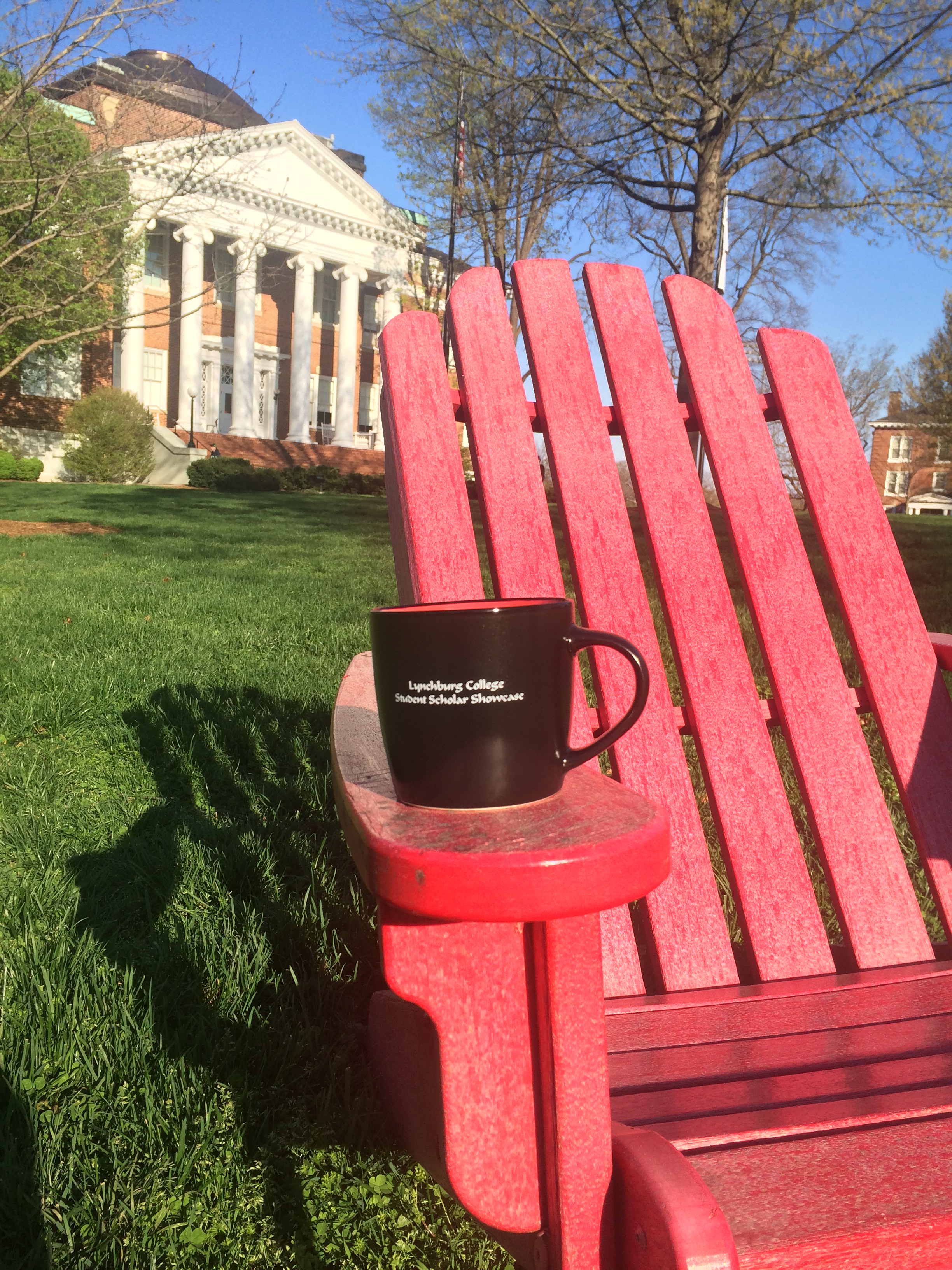
Ethnic Conflict and Democracy in South Sudan
Abstract
This study investigates the ongoing ethnic conflict in South Sudan. Using the ethnic conflict theory, different aspects of ethnic conflict are examined in an attempt to conclude whether it was provoked and influenced by the newly democratic government. In determining this, elements of a democracy, such as the states legitimacy and civil liberties are explored, the heterogeneity is calculated and analyzed to determine the ethnic makeup of the country, and the decentralization of some basic but important aspects to the government are evaluated to determine any share of powers between the central and local governments. It is found that the South Sudan state is seen as illegitimate and lacks civil liberties. The heterogeneity is also found to be high, exemplifying a very diverse society made up of various ethnic groups. The state decentralizes its powers to local governments, but extensive decision making authority is given to the president allowing him to make decisions that take away from the decentralization of powers. It is concluded that the ineffectiveness of the government, a high ethnic heterogeneity in the newly democratized state, and power struggles and lack of representation resulted in the high levels of ethnic conflict seen in the country today.
Ethnic Conflict and Democracy in South Sudan
Schewel Hall Room 231
This study investigates the ongoing ethnic conflict in South Sudan. Using the ethnic conflict theory, different aspects of ethnic conflict are examined in an attempt to conclude whether it was provoked and influenced by the newly democratic government. In determining this, elements of a democracy, such as the states legitimacy and civil liberties are explored, the heterogeneity is calculated and analyzed to determine the ethnic makeup of the country, and the decentralization of some basic but important aspects to the government are evaluated to determine any share of powers between the central and local governments. It is found that the South Sudan state is seen as illegitimate and lacks civil liberties. The heterogeneity is also found to be high, exemplifying a very diverse society made up of various ethnic groups. The state decentralizes its powers to local governments, but extensive decision making authority is given to the president allowing him to make decisions that take away from the decentralization of powers. It is concluded that the ineffectiveness of the government, a high ethnic heterogeneity in the newly democratized state, and power struggles and lack of representation resulted in the high levels of ethnic conflict seen in the country today.
https://digitalshowcase.lynchburg.edu/studentshowcase/2017/presentations/97

